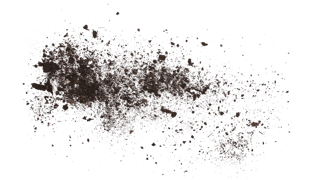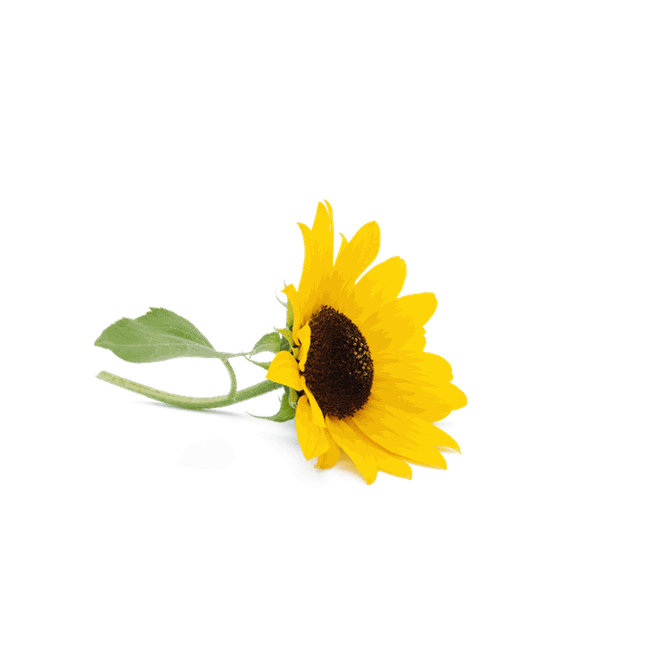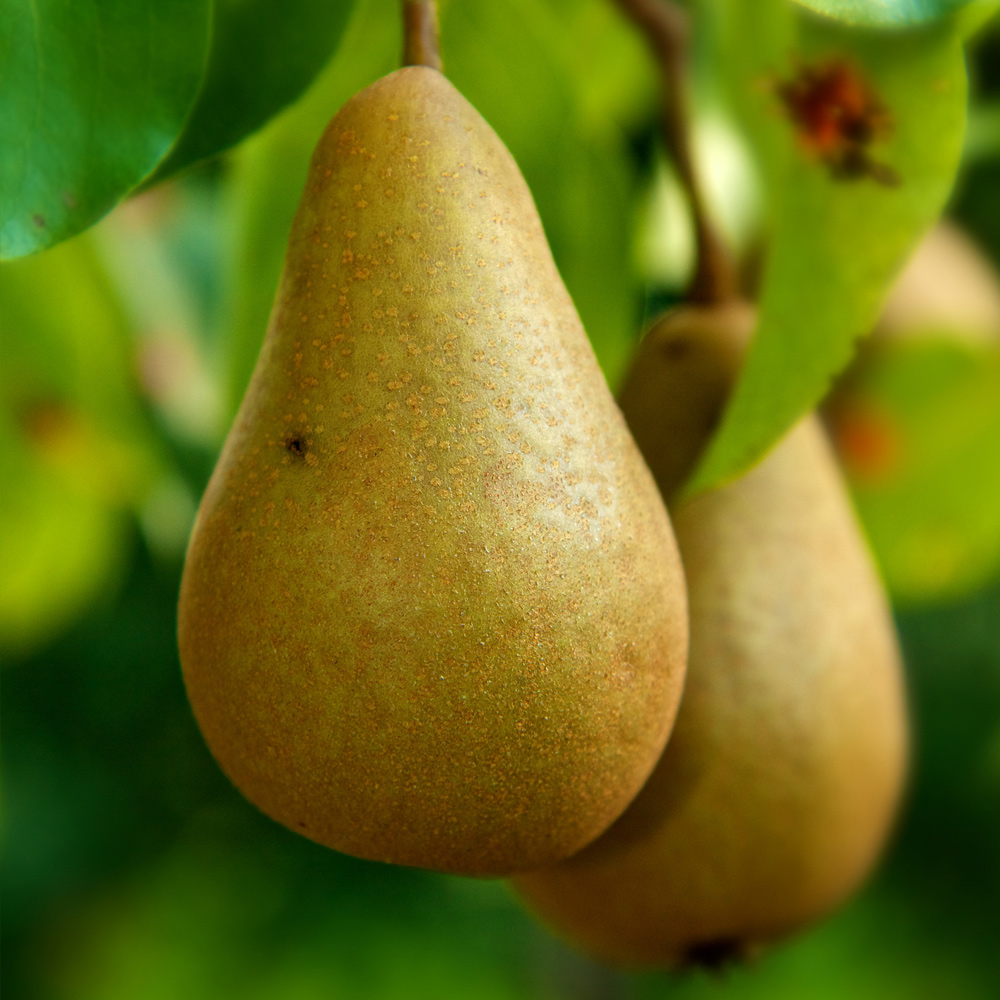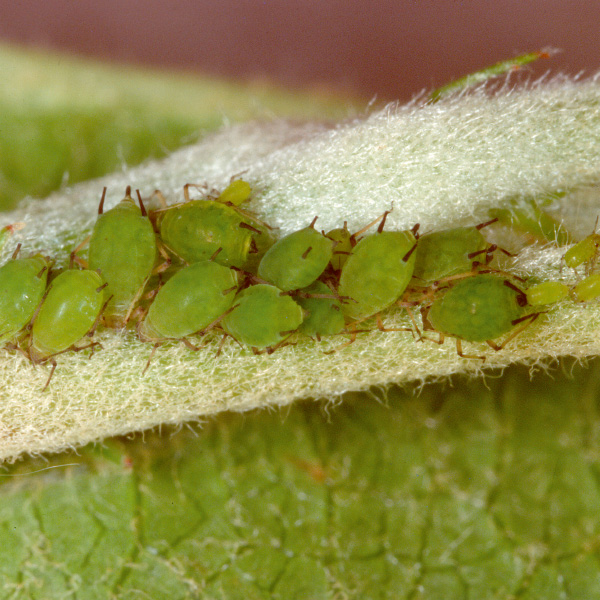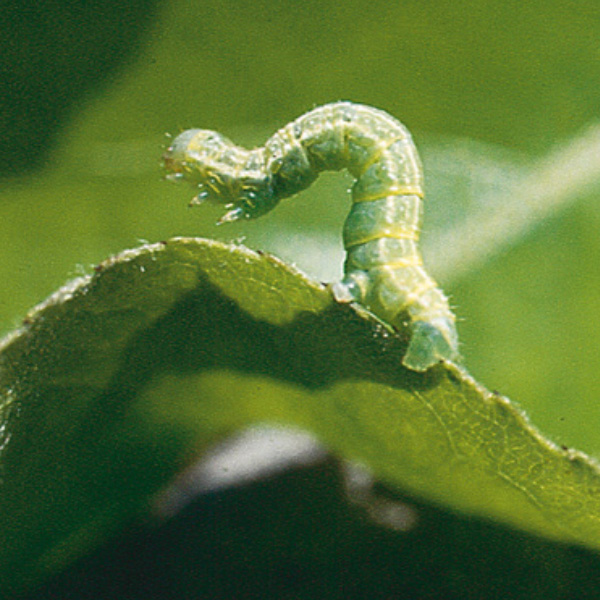Balcony & Patio
Comparing apples and pears is proverbial, so you need to decide whether you would rather plant the one or other type of fruit. But of course you can also plant both on your balcony providing you have enough space!
What may restrict your freedom of choice is that pears need more warmth and light than apples. Optimal fruit quality only occurs in very sunny, sheltered locations. Since pears flower earlier than apples, there is a risk of late frost in severe climate areas, which may lead to the flowers suffering frost damage.
Buy the appropriate container at the same time as you buy the new tree. Tubs with a minimum volume of 25 litres are ideal. Make sure that terracotta pots are frost-resistant. Before planting, add a few centimetres of gravel or lightweight aggregate to the bottom of the pot for drainage. Mix a peat-free, special potting soil into the container to give the tree a good start. The best time to plant is in the spring or autumn.
Tip: Do not plant the fruit tree deeper than the pot in which you bought it. The grafting point, which can be seen by the thickening in the trunk section, must be above the soil.
In addition to a large pot with sufficient space for the roots, a compatible pollinator is important. Plan to have at least two trees or choose a self-pollinating variety. Ask about a compatible partner tree when you purchase a tree from your garden centre or nursery!
Recommended varieties
Suitable varieties for the balcony are the slender columnar cultivated forms with a maximum height of 1.5 to 2 metres, the bush form with a height of 1 metre or espalier form in large pots. All popular varieties of pear can be found in columnar form, bush or as an espalier fruit tree: Alexander Lucas, Clapps Liebling, Condo, Concorde, Conference, Frühe von Trévoux, Gellerts Butterbirne, Gute Luise, Gräfin von Paris, Harrow Sweet, Köstliche von Charneau, Madame Verté, Vereinsdechant and (Rote)Williams Christ.
Location & Care
Pear trees love sunny locations. They have low water requirements, avoid waterlogging. Don’t forget to water on frost-free days in winter. Fertilise in the spring with Organic Multipurpose Plant Food, in autumn with a potassium-based fertiliser, in order to improve hardiness.
Prune your pear tree in February/March or in August. Remove inwardly growing, perennial branches. Prune downward-growing side shoots back to three “buds”, i.e. three buds remain. Columnar trees in tubs need a stake for support. Depending on the variety, you can harvest delicious apples as early as August.

